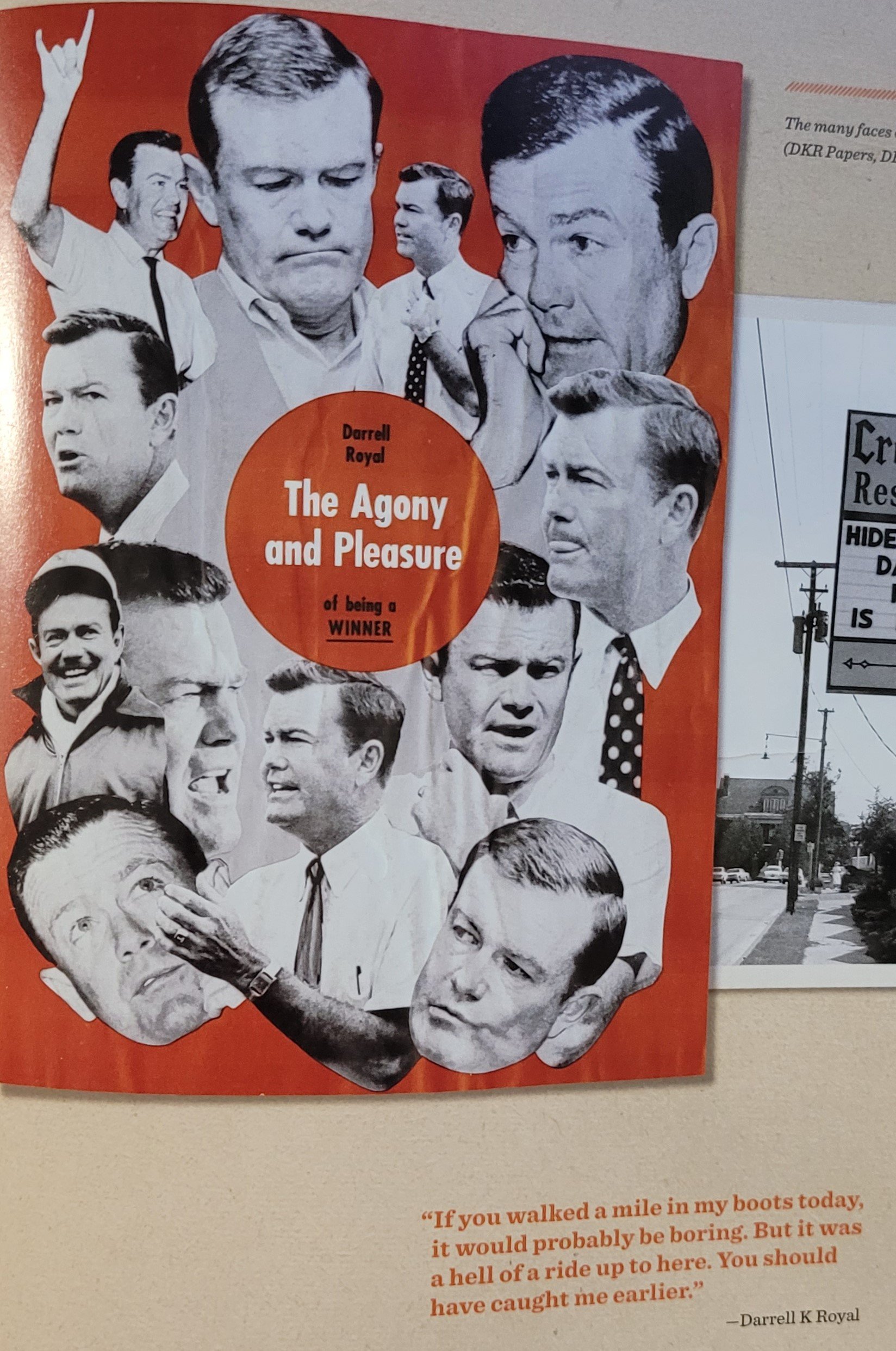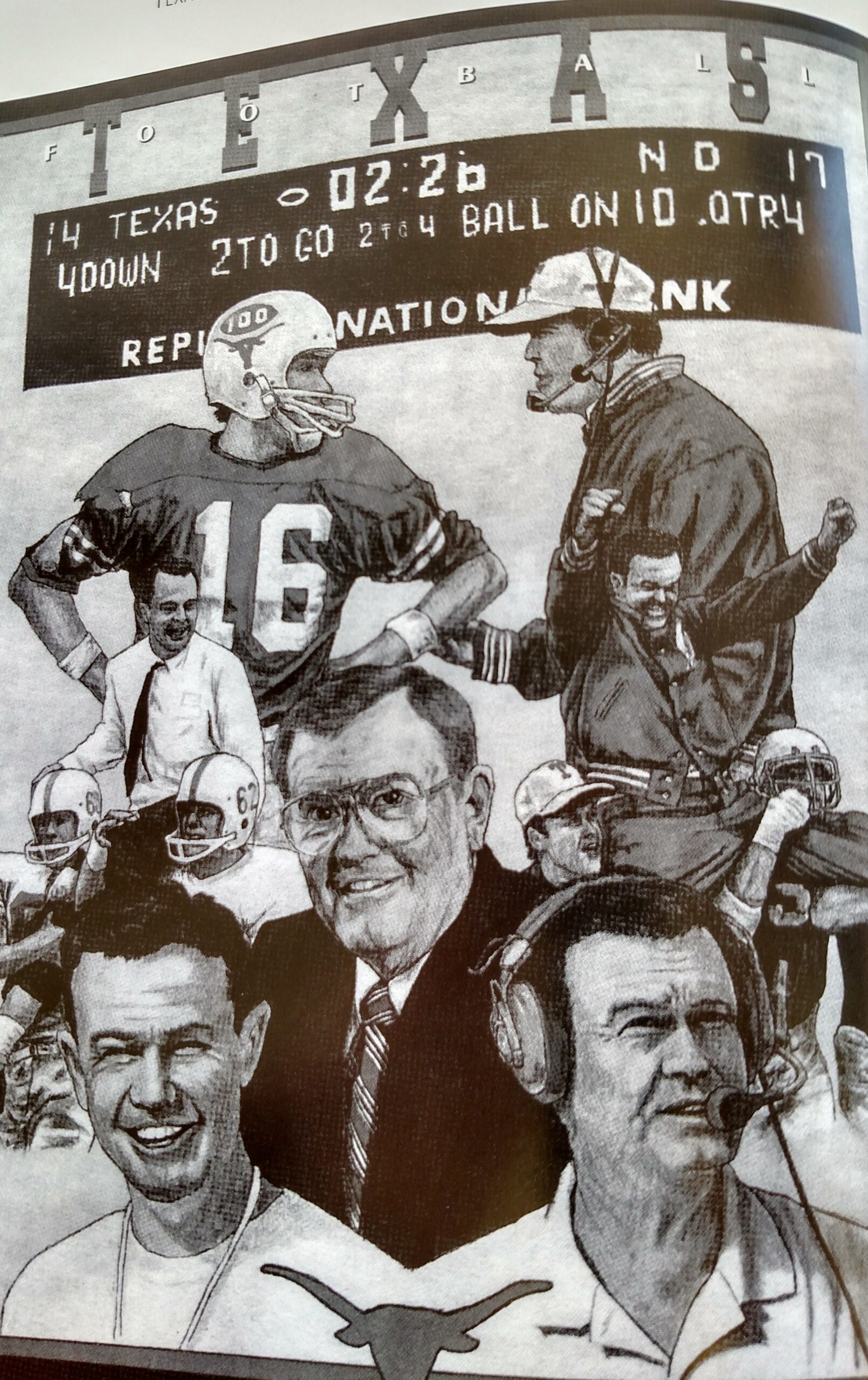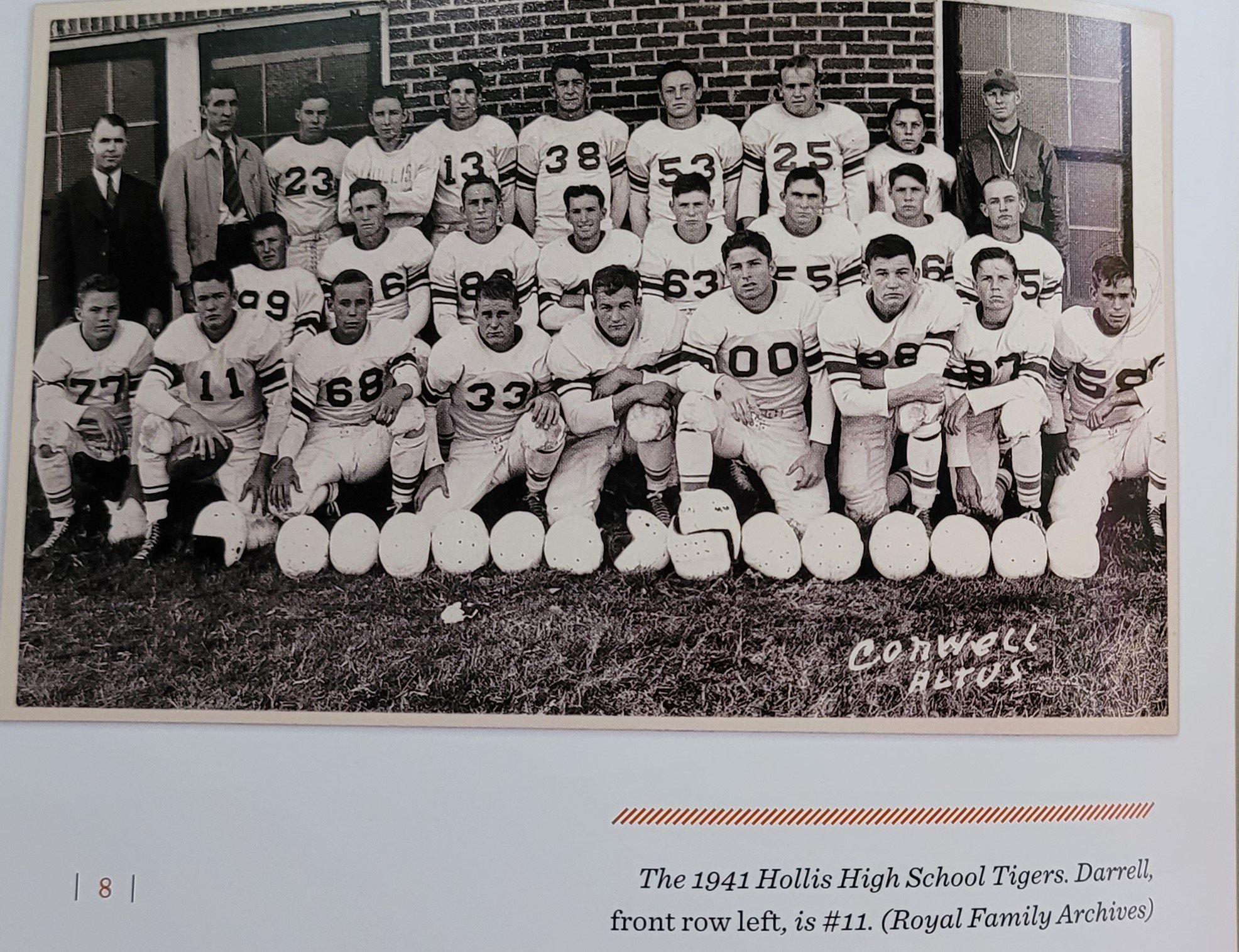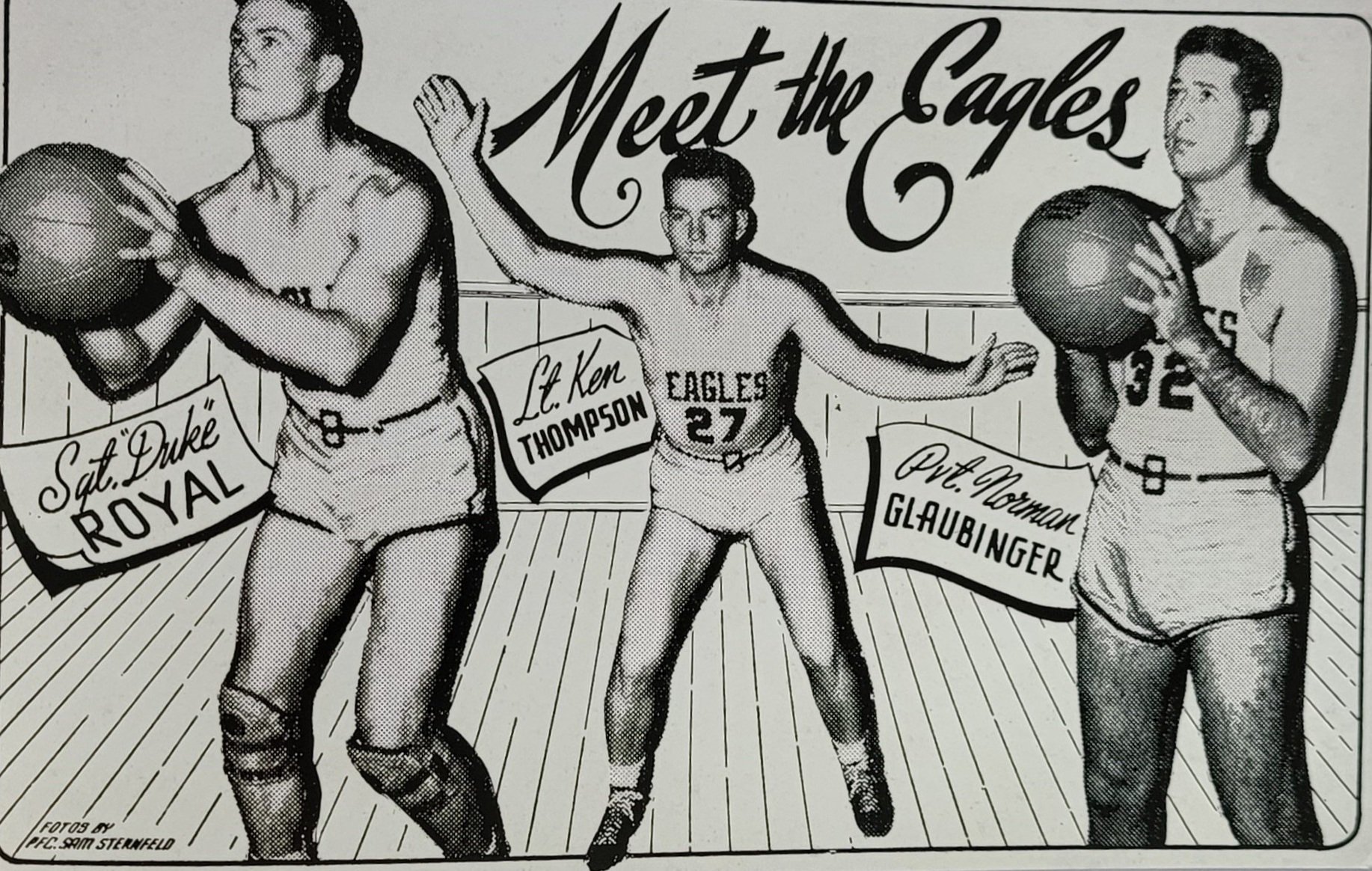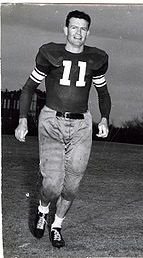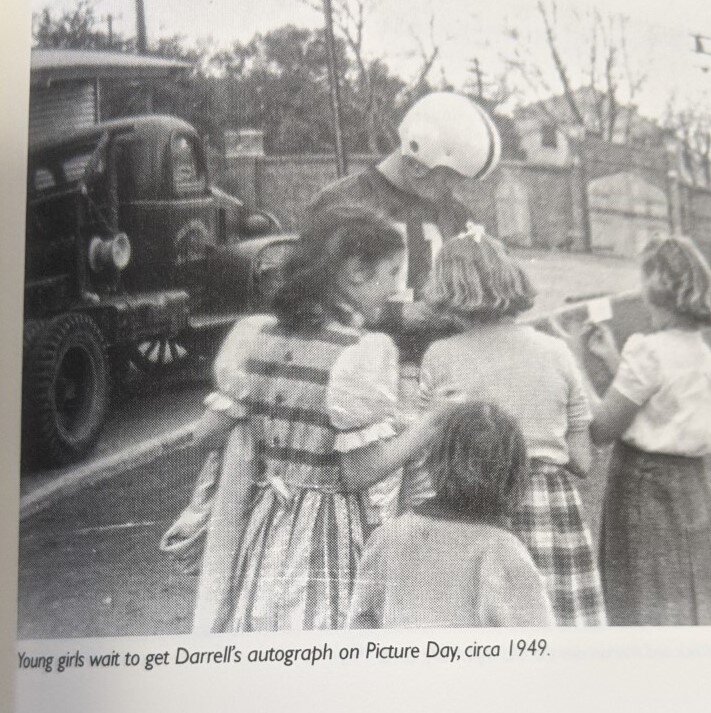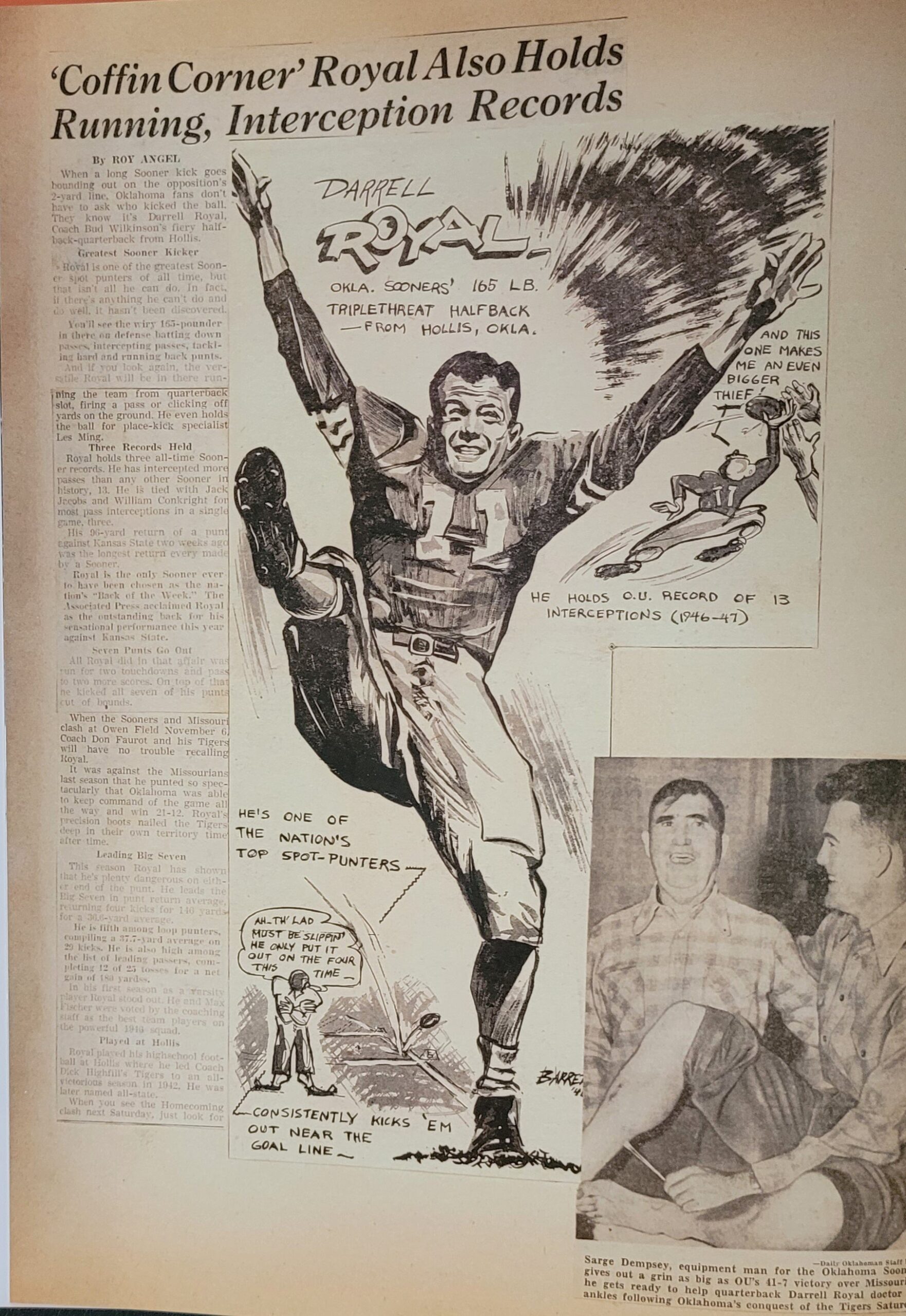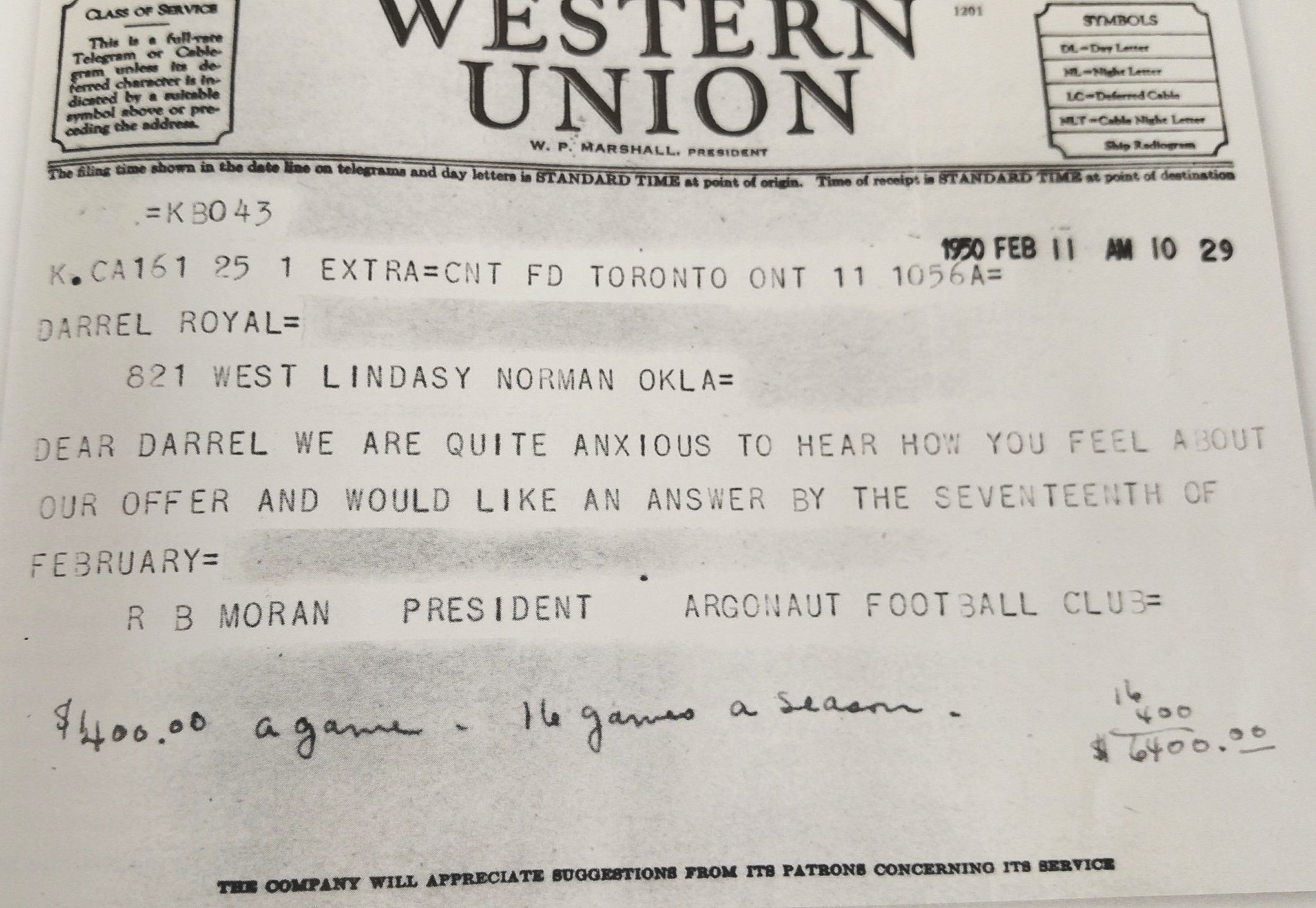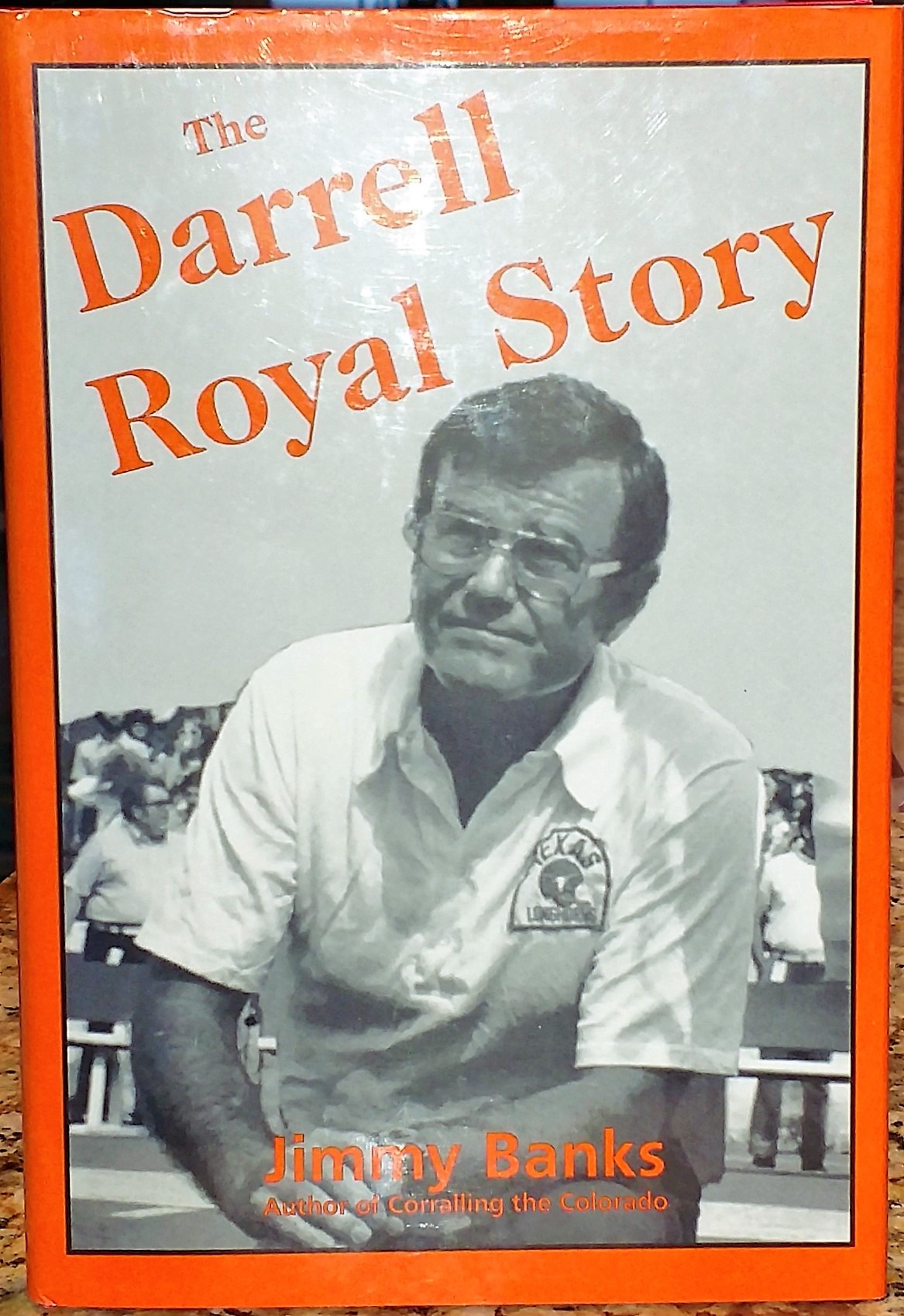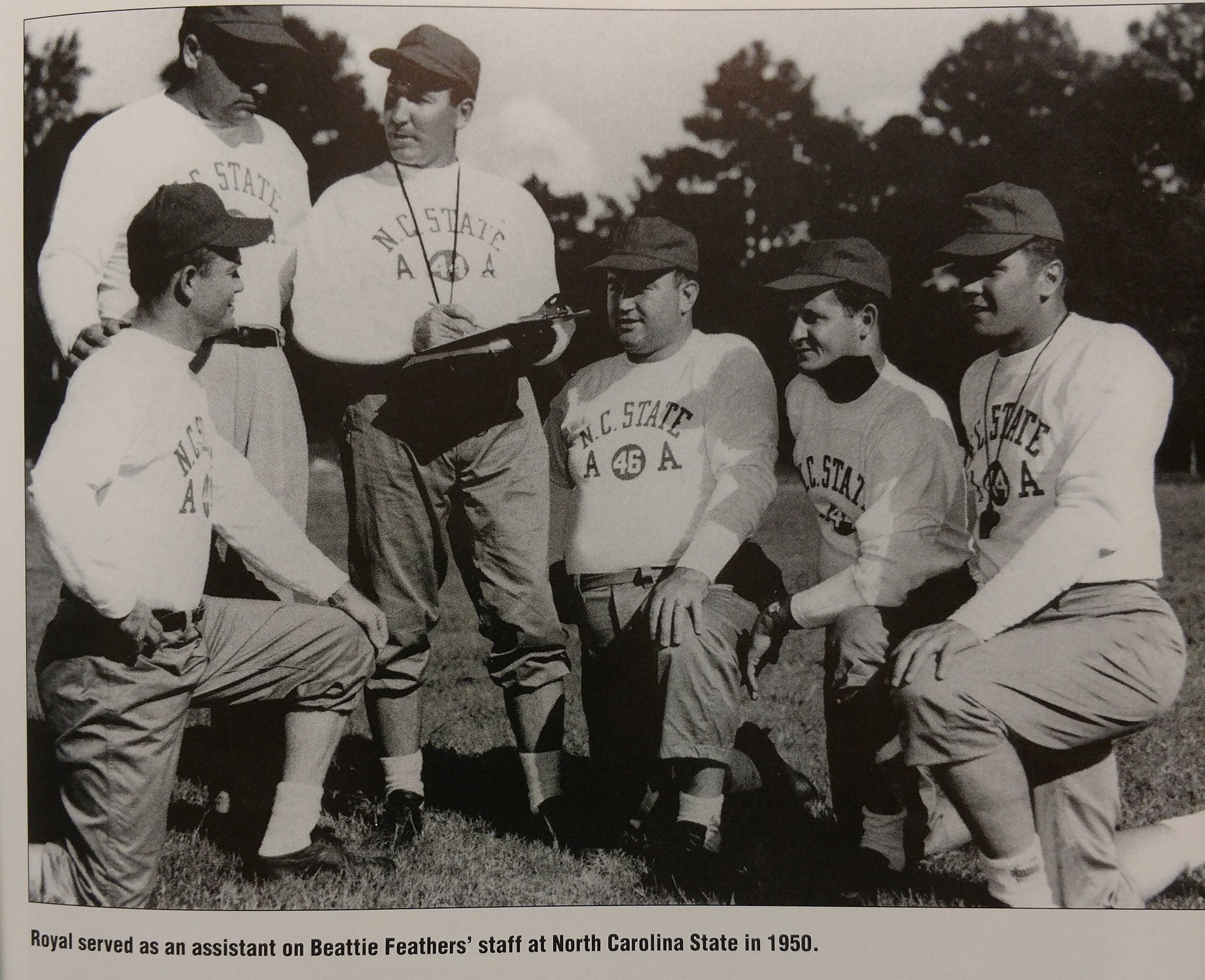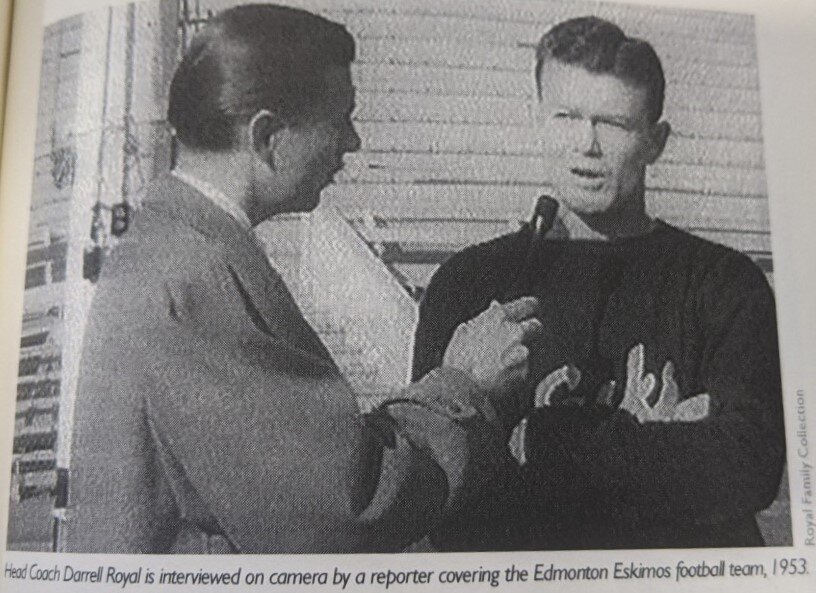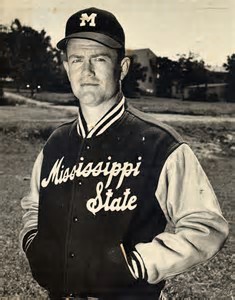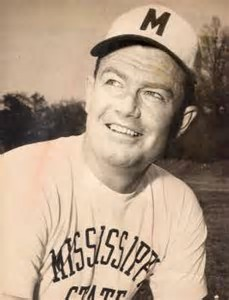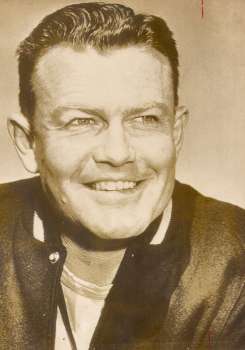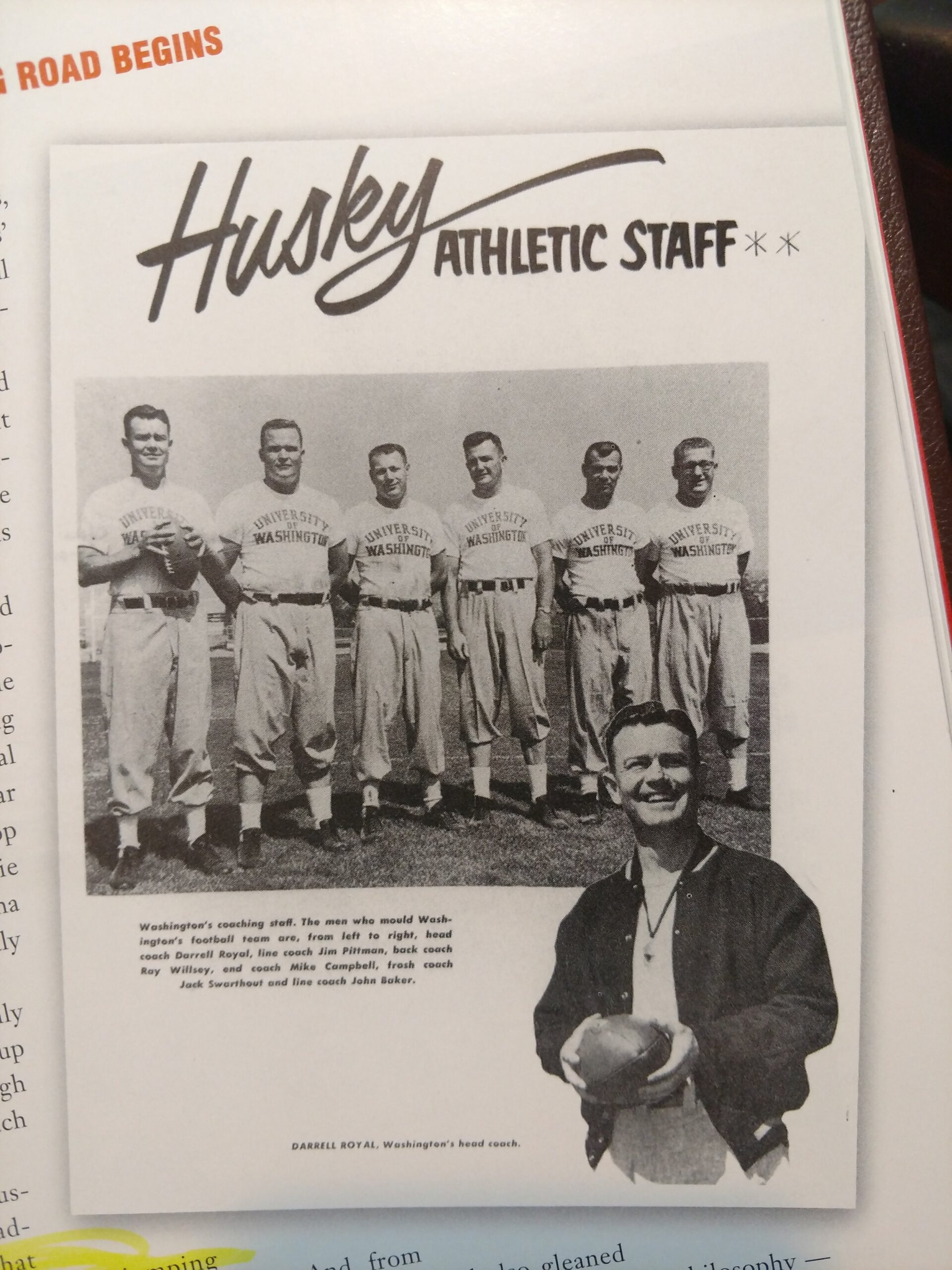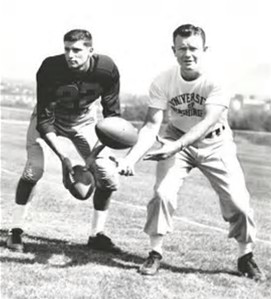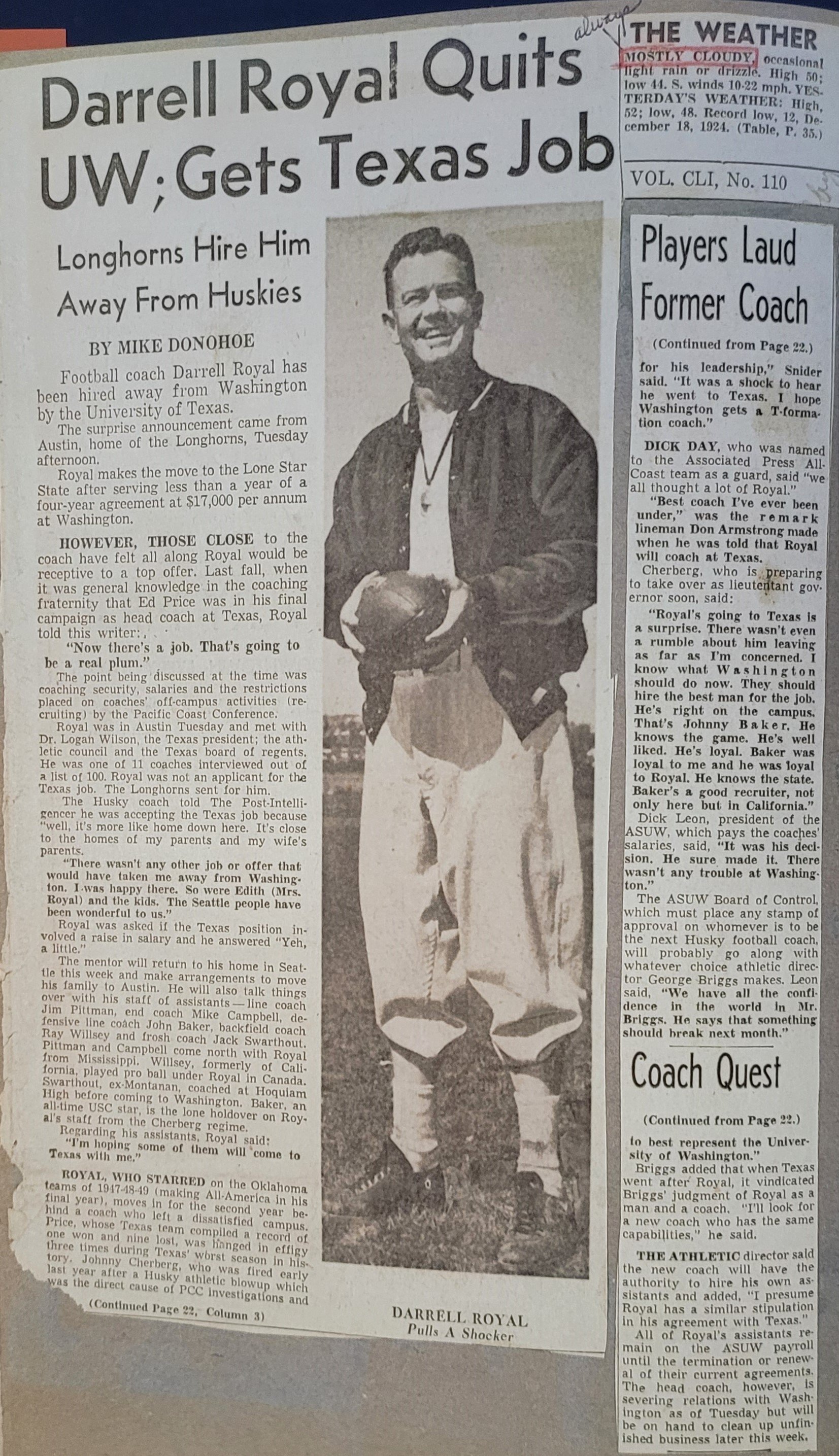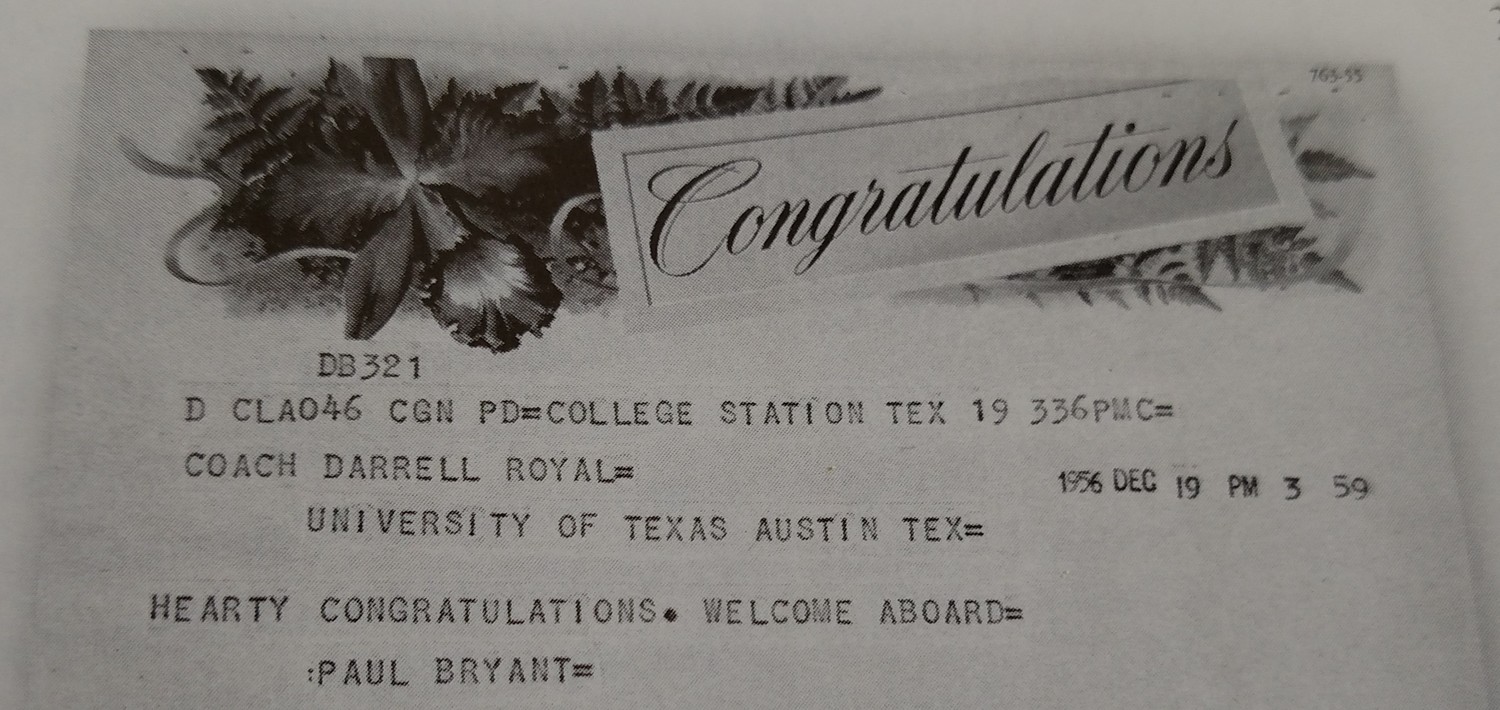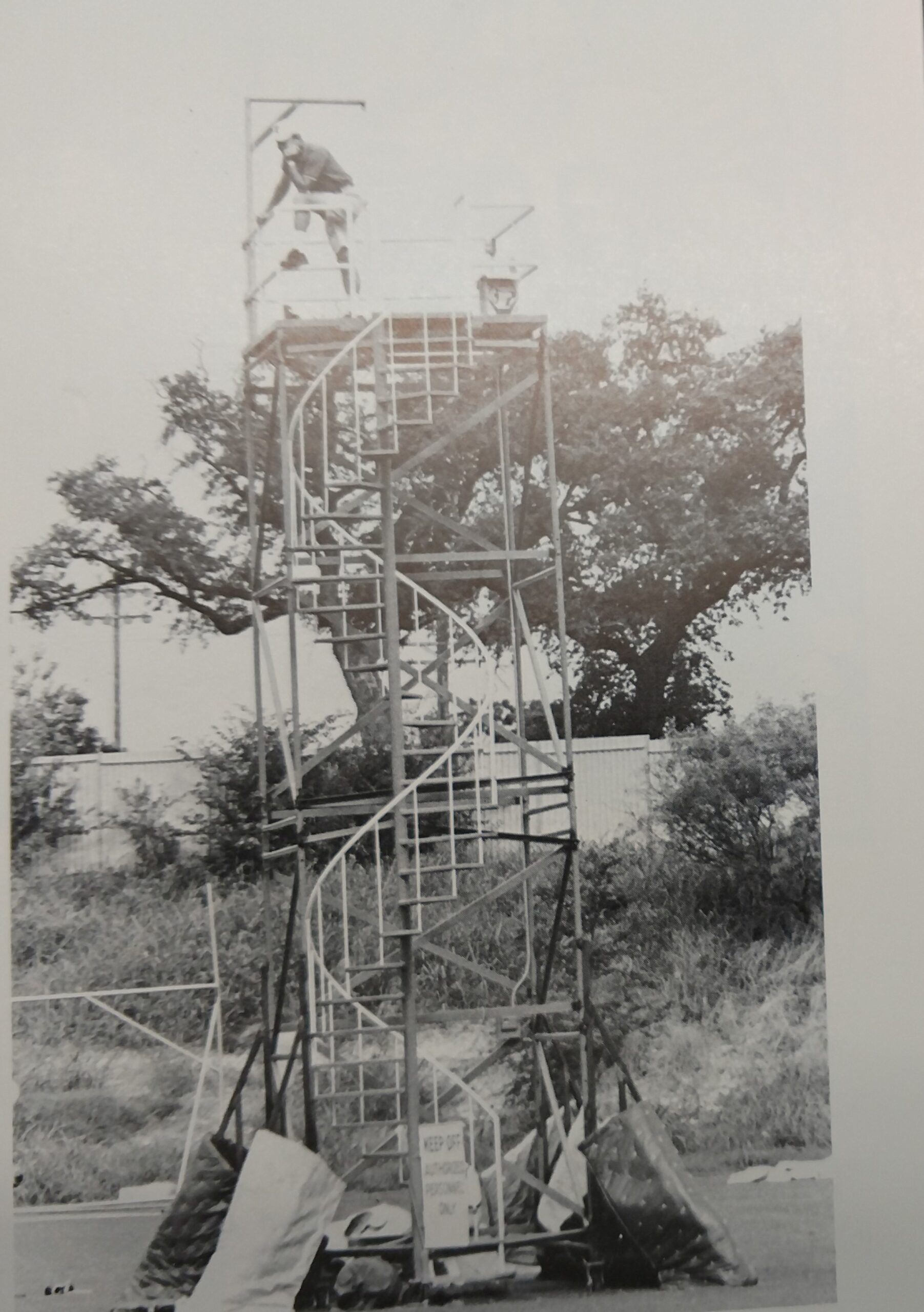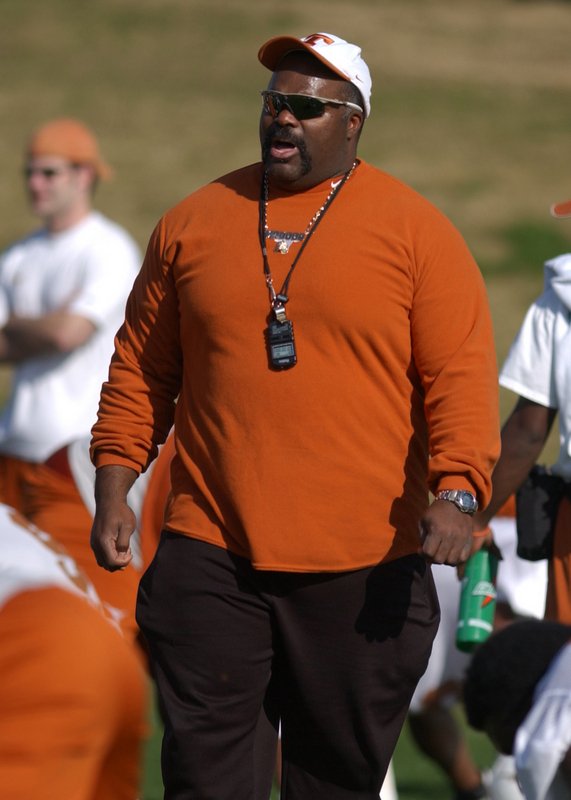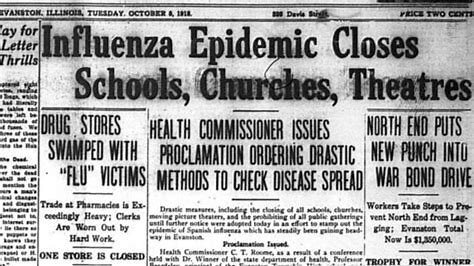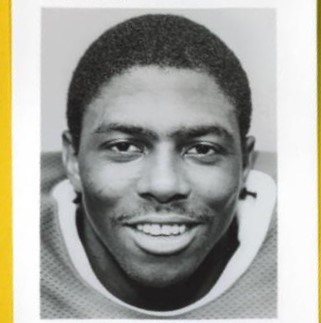Pre- 1957 Darrell Royal
The Many Faces of DKR
A condensed bullet point history of Texas Longhorn football during the Royal years follows. Please go to the “credit” section of this website to view books you can purchase from many fine bookstores about Texas Longhorn Sports, or please visit the official University of Texas Longhorn site Texassports.com. for more information about our great university
The many faces of Coach Royal
The link to the article about Coach Royal is below
http://www.texasmonthly.com/articles/coach-royal-regrets/
Years ago, Royal said to me over lunch that Barry Switzer had no exclusive on being dirt poor as a young boy.” He was right.
Hollis Ok. – Breaking rules and winning state championships
According to the book “Texas Caesar” by J. Brent Clark, Royal returned from a California high school to Hollis High School because California teams were determined by weight, and Darrell Royal was small. Royal said, “You had to be a certain size to play with the big guys. and that was the only team people cared about. Once he was rejected from the big league, he chose to hitch-hike back to Hollis to play football. Oklahoma rules said he would have to sit out a year, but the Hollis High Athletic Department did not comply. To conceal his non-compliance with transfer rules, Royal played out-of-town games with an alias. He was also paid $20 a week by a member of the Hollis school administration.
Hollis also took advantage of a rule to recruit kids who lived close to Hollis, OK but resided in the state of Texas. In Texas, high school varsity eligibility expired at 18, while in Oklahoma, it was 21.
During WWII
In the service Royal was a great football star and played basketball for the 3rd Air Force Eagles.
At the end of WWII, Royal asked a former freshman player to write a letter to UT and ask about the possibility of Royal playing for Texas. At the time, UT primarily recruited in-state talent, so they rejected Royal’s request to be a Longhorn.
Texas did not offer him a scholarship but Florida, Alabama, USC, Texas Tech, Georgia, Oklahoma, South Carolina, Tennessee, and Auburn did.
Royal remembers, “ When I enrolled at Oklahoma in 1946, I drove to Norman in a rented club coupe with a baby daughter and a young wife. Everything we owned was in that car, and there was lots of room left. Yes, I have a feeling about college football.”
Royal as a sooner
In College He Was Small, but he did Not Know It. In his mind and his spirit, he felt bigger than he was. It Is No Accident That during Royals Early Years At Texas He Loved Recruiting Small slow Guys Who Thought They Were Big and fast.
In 1946, as a freshman and starting defensive back, the coaches chose Royal and Max Fischer as ” Best Team Players.
-
Bud Wilkinson called Royal’s four precision punts against Missouri in 1947 (out at the 5-yard line three times and out at the 2-yard line once) the “most important single plays” of his coaching career. For the rest of his life, Bud Wilkinson believed that Royal played a significant role in saving his coaching career.
-
As an All-American quarterback, he led the Sooner to an undefeated season.
AS OF 2012, DKR IS STILL IN THE OU RECORD BOOKS :
-
On November 5th, 1949, he was the first Sooner ever selected as “Associated Press Back of the Week”;
-
3rd best in career winning percentage at 9.38 wins per season for four years (1946-1949);
-
7th in career punt-return average of 15.71 yards;
-
10th longest play consisting of a 96-yard punt return;
-
Tied for the most interceptions in a game, tied for most interceptions in a season, and first in career interceptions (18);
-
Tied for 3rd longest punt of 81 yards and tied for 5th longest punt of 78 yards;
In addition to being an All-American in college, DKR was :
-
Selected to the first senior bowl game in 1959;
-
Selected to play in the Blue-Fray game and inducted into the Blue-Gray Hall of Fame;
-
Inducted into the Big 8 Hall of Fame;
Quotes about DKR
Bud Wilkinson said Darrell Royal was one of the best all-around football players Ever…”
Lancaster Smith from Notre Dame fame, said, “Darrell was sort of an old head in a young body. …. He was always two or three chess moves ahead of everyone else”.
Hall Middlesworth Said, “Darrell Royal Is The Best Football Player I’ve Ever Seen For His Weight…What A Punter He Kicks With His Head”.
Roundy Coughlin Said Darrell Royal “Owns One Of The Most Brilliant Masses Of Football Cerebellum We’ve Seen Caged In One Skull…Never Witnessed Better Play Selection….”
Walter Stewart of the Memphis Commercial-Appeal said after the O.U. and Memphis football game that DKR “Gave Us A Clinical Critique Which Was Magnificently Lucid And Economically Complete.”
OU sports publicist said “ Royal “could do more things superbly than any other back developed during the Bud Wilkinson period.” He was a great runner, passer, punter, and defender.
Chronology of Coach Royal’s Road to Texas after Graduation from O.U.
In 1950 Tonto Coleman, the head football coach for Abilene Christian College, offered Darryl Royal the head coaching job at ACC. Royal was honored by the offer but declined, saying he was not ready for that kind of responsibility.
Even as a young man starting his career, Royal had simple rules about accepting a coaching job- Do not follow a coaching legend (Tonto was a legend), and don’t take a job that is rich in tradition. His career path followed these principles.
In his first three years as a head coach, Royal only won 55% of his games, but he was in demand as a coach because the jobs he took were considered rebuilding projects—a perception that Royal worked to his benefit.
The Peripatetic Darrell Royal
8 jobs in 8 years. Royal had established a reputation for being unstable, indecisive, and even, to some, disloyal. At Washington, there were those who resented his not honoring the rest of his contract.
Royal called Jones Ramsey late after he took the coaching job at Texas about sportswriter Jack Gallager calling him “peripatetic.” Ramsey said, “It means you move around a lot.” Royal said that was true, but Texas was the end of his coaching peripatetic tendencies.
-
Spring 1950 – El Reno High School head Coach only lasted two paychecks before he realized that coaching at the college level was his calling;
-
Spring of 1950 interviewed with Vanderbilt and was rejected;
-
1950 turned down a job as the head coach of ACC because he did not think he was ready for that position;
-
1950 joined the North Carolina State staff to help install the Split- T;
-
1951 joined Tulsa University as the backfield coach- Royal said that Head Coach Brothers allowed him complete freedom to run the offense, and the Hurricanes only lost once. After his Tulsa experience, Royal knew he had the coaching skills to win;
-
1952, was hired as an assistant on the Mississippi State staff (it was his last year as an assistant coach);
-
1953 was the youngest head coach (28) in the history of the CFL
-
The players on the CFL team were awful, so he decided to do his own recruiting and convinced Leon Manley, The Heisman trophy winner Billy Vessel, and two other members of the O.U. national championship team to join him as Edmonton Eskimos;
-
1954, Royal was hired as Head Coach at Mississippi State ;
-
1955 turned down a job to Coach Missouri;
-
1956- was hired by the University of Washington (Royal was hired to salvage a football program under probation for illegal payments to athletes); Bud Wilkinson helped coach Royal get the job; and
-
1957- University of Texas
The book “Darrell Royal Dance With Who Brung Ya,” by Mike Jones and edited by Dan Jenkins, contains some great quotes that reveal DKR’s football insight and personal beliefs.
-
“that pride is the best possession you have. When you take the pride away from a player, you’ve destroyed the best tool you’ve got. If you hurt him, you’ve hurt the team.”
-
Short yardage is the key to winning a football game, “That stuff in the middle of the field is for entertainment …..”
-
After winning an important game, “I’ll tell you when every man is fired up, you can catch a faster man.”
-
After being criticized for a winning conservative offense that had no flair, Royal said “I can assure you that nothing is as entertaining as winning…….. we’ll work harder on that (passing). But we’ll do it because we think it’ll help us win, not because it’s better showbiz.”
-
“You hear guys who went to another school in our conference…………talk for 20 minutes about why they didn’t want to go to Texas. But you’ll never hear a Longhorn explaining why he didn’t g
The book “The Darrell Royal Story” by Jimmy Banks states that as a young age boxing taught DKR that “over-respect for your opponent can be just as dangerous as under-respect, and that you should not let people bluff you just by putting on a big show.”
The video below makes Coach Royal’s point. One boxer was putting his bluff in on the other fighter. It did not work. The lesson learned- Coach was not going to let other teams bluff the Longhorns.
Don’t Over-respect your opponent
Jimmy Banks also said that Darrell disliked alibis. Royal said, “If you did it, it’s obvious, and if you didn’t deliver, that’s obvious too, so there’s no use trying to alibi or cover-up.”
Jimmy Banks’s book is full of many other exciting facts about DKR, including:
-
He Was Afraid Of Public Speaking. As an assistant coach at North Carolina State, he completely forgot His Speech At A Banquet. Royal said, “I got up to talk and drew a complete blank. If you’ve never had this happen to you, you don’t know how frightful it is and how painful it is …… I finally just said I am sorry And sat down.” It Was After This Embarrassing Episode That DKR decided “If I Am Going To Stay in Coaching I Have To Whip This Thing (Fear of public speaking) Or Get Out And Try Something Else”.
-
He had reservations about using the forward pass because of an experience from his early years as a college coach. He lost a CFL playoff game on a perfect pass that bounced off the receiver’s hands and landed in the hands of a defender, who then ran it back for the winning touchdown. He said that loss, resulting from an interception, “made me more conservative” on offense.
-
He Hated The Kickoff Rule That Awarded a Team 20 Yards If They Downed The Ball In The End Zone. His Point ” Why Should A Team Be Given Twenty Yards Because You Got It Too Close To Their Goal Line… ” He Said, “They should Give The Kicking Team One Rouge (Point) If The Receiving Team Does Not Return The Kickoff From The End Zone.”
DKR jumped to Canadian football and then back to American football
He said, “I got a call from the Edmonton Eskimos in the Canadian professional league. I was 27 years old. I went up and interviewed, and they offered me the job, and I took it. I coached there one year.”
Royal knew that he needed to hone his skills as a head coach to enhance his chances of coaching a state school, so he accepted the head coaching job in the Canadian Football League. Most American coaches believed that coaching in Canada would ruin any chance of ever coaching again in America, but Royal proved everyone wrong. After Canadian football, he returned to America and coached three state schools: Mississippi State, Washington, and Texas.
Coach Royal learned early on that the best jobs were at state universities. He reasoned that these schools had larger fan bases, higher budgets, better stadiums, and easier recruiting. Decades later, when Mack Brown was coaching at Tulane, Coach Royal advised him to leave Tulane and move to a state university as soon as possible.
Coach Royal’s returns to America from Canada gave hope to many young coaches who would no longer fear being exiled from American football if they ventured into Canadian football to start their careers.
In the book “Darrell Royal Dance With Who Brung Ya ” by Mike Jones and edited by Dan Jenkins Jones, Coach Royal is quoted as saying, “I learned more in that one year (in the CFL) than in any other year of coaching.” The book also states that Vanderbilt was the only University to ever reject his resume’ in Royals meteoric rise to fame.
University of Washington Head Coach
At Washington, Royal inherited a team full of dissension and racial division. Many doubted that a Coach from Mississippi could solve the problems. But he did!!!
Ironically, his major resistance to his hiring was from The faculty at The University of Washington. The “intellectual class in 1955 did not approve of a head football coach (DKR) receiving a salary twice as much as a full professor. Since pay is directly related to the importance of the job, status, and prestige, professors rebelled against coaches making so much money. The “intellectuals” did not want the “brawn” running the campus. The protest from the professors was so strong that 3/4 of the faculty asked the college administration to minimize the stature of football on the campus and reduce the coach’s salary.
It took the media to quell the uprising at the University of Washington. Jimmy Banks’s book The Darrell Royal Story sites an article by the Seattle Post-Intelligencer that states, “Coaches deserve more because they get fired more often than professors- and any job with a high turnover usually commands good money. The article goes on to state that “big-time football is a thing apart from university education, and a professor might as well fret over the salary paid Grouch Marx as worry about how much the football coach makes.” Football “is in the entertainment business,” and the coach better perform or else.
Then there were many Washington Fans who did not like DKR’s “Roots” while the West Coast media continued to support Royal
The Los Angeles Herald-Examiner Sports Writer Melvin Durslag Was The First Person To Point Out That The Young DKR Represented The New Big-Time College, football Coach. Wearing A Suit And Tie And Speaking Firmly. Durslag States The Day Of The “Lovable Slob, Or The Cracker Barrel Con Artist, Or The Phony Moralist Of Old Days Is Gone. ” Melvin Durslag Told The Washington Fans To Give Royal A Chance, But many fans rejected that advice. Washington fans thought His Southern Roots made him a Racist And wanted him to lose so UW would fire him. Knowing this- Royal Responded To The Fans after meeting with them by saying, “I’ve Found That They’re All Behind Us – Win Or Tie.!”
“There is no one going through There!!!”
Royal states that he left the University of Washington because he missed family and friends. Royal said, “It is just so far from where I grew up and where our relatives were. You know, Seattle’s right up there in the corner; there’s nobody going through Seattle.” There is only the Ocean and Canada to visit. ” In Austin, I catch a lot of my friends going through here to some other place and have a chance to visit with them.” It was the right decision to leave Washington. He was the only coach who departed voluntarily in 40 years. All the others were fired!!
Royal, the dreamer
Royal Was A Dreamer. As a young boy, he said,” I Dreamed Of “kickin’ a Ball 90 Yards (he kicked one 81 yards) Or Running Faster Than I Could Ever Run, Or Getting a coaching Job That I Could Never Really have A Chance To Get, and I’d always Daydreamed About Coaching At The University of Texas. “Interestingly, he never dreamed of coaching at OU.
With the help of Tonto Coleman, Bobby Dodd’s assistant at Georgia Tech, his dream of coaching the Longhorns was soon to become a reality.
Royal Gets The Job.
5 hours after the 32-year-old DKR arrived on the Texas campus, he was named head coach. Media personality Cactus Pryor said of DKR
>
“I sensed it. He looked right. He said the right things, He had the right chin. His accent was Texan. He had a sense of humor like Will Rogers’s.”
After two years as the Texas head coach, it was obvious that this cautious, grim, tense, self-conscious, ambitious 32-year-old would make the Longhorns winners.
In the 1990s, media personality Cactus Pryor asked Royal about losing to OU during his first year at Texas. DKR responded with a quote from Oliver Wendell Holmes “As I look back on the days of my life, I appreciated my defeats more than my victories because I have learned more from my losses. DKR then said “Well, I’ve been thinking about those words “ ( from Oliver Wendell Holmes) “and I’d just like to say, ‘screw Oliver Wendell Holmes.”
cartoon showing DKR being “schooled” by Bud Wilkinson after Texas lost to OU in 1957.
Royal said we will use defense to regain Texas’s stature as a powerhouse. He was true to his words. In his first three seasons, he had 28 successful stands inside the 10-yard line, 14 of which were factors in the win. He wanted every player to take pride in wearing the Texas uniform. Royal said athletes perform better when they feel good about themselves and the institution they are attending. Morale is the cornerstone of a successful program.
In the book Here Come THE TEXAS LONGHORNS 1893-1970, Lou Maysel, in the chapter titled “Royal Renaissance 1957-1960,” discusses the interview process to replace Coach Price as head coach of the Longhorn football team.
To replace Coach Price with a new head coach, “two separate lists were compiled, one of the men of suitable stature to take over both jobs (head coach and Athletic Director), and the second of coach-only possibilities.” In all, over 100 names went onto the two lists. “Georgia Tech coach Bobby Dodd had the inside track” for the head coaching job at U.T., but Dodd removed his name from the list and told the Texas Athletic Director D.X. Bible that “Darrell Royal was one of the bright young coaches in college football.” After a comprehensive interview process orchestrated by Coach Royal’s detailed preparation for the meeting, he was hired and received a 5-year contract and $17,500 annually.
The University of Texas represented another rebuilding project for Royal. From 1946 to 1956, Longhorn football had some success, but overall the won-loss trend line was headed south. When Royal was hired in 1957, the Horns had not been to a bowl game since 1952, while OU won national championships in 1950, 1955, and 1956.
For the first time in the history of Longhorn football, Royal brought a sense of charisma to the game. Royal was blessed with an upbringing that led to many folksy Oklahoma aphorisms. Royal had a marvelous gift of using metaphors in a colorful way that made his point succinctly. Some were probably inspired by Will Rogers, others were probably witticisms he heard from friends growing up, and the origin of others’ life experiences taught him.
Congratulations to DKR from Bear Bryan
-
o to another school.”
